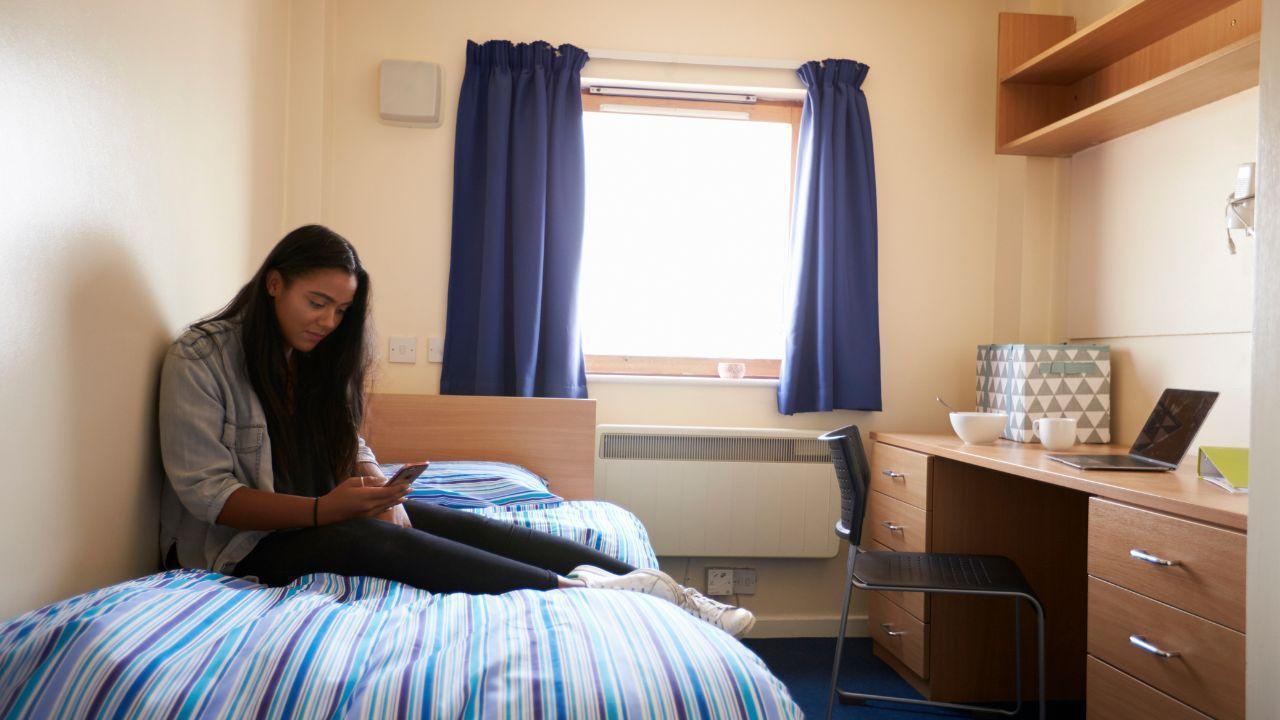



Australia’s political landscape saw a notable shift this week as a prime ministerial candidate reversed plans to restrict work-from-home (WFH) arrangements, following strong backlash from the public and corporate sectors. The decision highlights the growing importance of flexible working in a post-pandemic world, where remote work has become an essential part of modern employment.
Initially, the candidate, who had gained attention for proposing a return to pre-pandemic office norms, cited concerns about workplace productivity and economic engagement in urban centers. The plan aimed to encourage workers to return to physical offices, arguing it would stimulate local economies, support small businesses, and foster team collaboration.
However, the announcement sparked immediate pushback from employees, unions, and even business leaders, who emphasized the benefits of hybrid and remote work models. Critics argued that forcing people back into offices disregards how the nature of work has evolved, particularly after the COVID-19 pandemic reshaped expectations around work-life balance, mental health, and digital efficiency.
Several major companies voiced their disapproval, warning that such a move could lead to talent loss and reduced morale. A recent survey showed that over 70% of Australian workers prefer flexible working conditions, with many indicating they would consider switching jobs if forced to return full-time to office settings.
The candidate acknowledged these concerns and retracted the proposal, stating that policies should reflect the realities and preferences of today’s workforce. In a press briefing, they said:
This policy reversal has been welcomed as a progressive step toward aligning leadership with evolving workplace expectations. Economists also noted that remote work, when managed effectively, can be as productive—if not more—than traditional office setups. Moreover, it allows for broader geographic workforce participation, helping businesses tap into talent from rural and suburban areas.
The debate over WFH policies remains active across the globe, but Australia’s case underscores the power of public opinion in shaping political agendas. With this change in stance, the PM hopeful is seen as more in tune with the demands of the modern-day workforce and business environment.
While some critics argue that the reversal is politically motivated, many citizens and professionals see it as a win for personal choice, flexibility, and forward-thinking governance. As hybrid models become the norm rather than the exception, governments and leaders are being urged to create policies that embrace technology-driven changes in how we work.
#AustraliaNews #WFHPolicy #RemoteWork #PoliticsUpdate #WorkLifeBalance #latest #trending #officeculture #newsupdate #flexibility

Visa Cancellations Spark Confusion as U.S. Universities Seek Answers... Read More.

The Importance of Student Accommodation for Academic Success... Read More.
 Australia drops WFH change plan
Australia drops WFH change plan
PM candidate backs off WFH ban, keeping remote work alive.
 Faulty Antenna Caused Crash
Faulty Antenna Caused Crash
Antenna fault led to deadly Aussie helicopter accident.
 Canada-Australia Radar Deal
Canada-Australia Radar Deal
C$6bn Canada-Australia radar deal for Arctic defense
 Study Visa Changes: 2025
Study Visa Changes: 2025
New visa rules affect Indian students abroad in 2025.
 O’Brien Edges Ahead of Bowen
O’Brien Edges Ahead of Bowen
O’Brien holds clear lead over Bowen in recent showdown.
 China Holds Talks After Trump Jolt
China Holds Talks After Trump Jolt
Beijing in crisis mode after Trump’s unexpected move.
 BioVersys IPO Hits Swiss Market
BioVersys IPO Hits Swiss Market
BioVersys starts IPO season on SIX Swiss Exchange.
© MyEduGoal. All Rights Reserved. Design by markaziasolutions.com